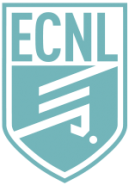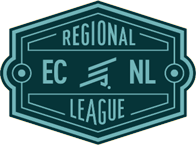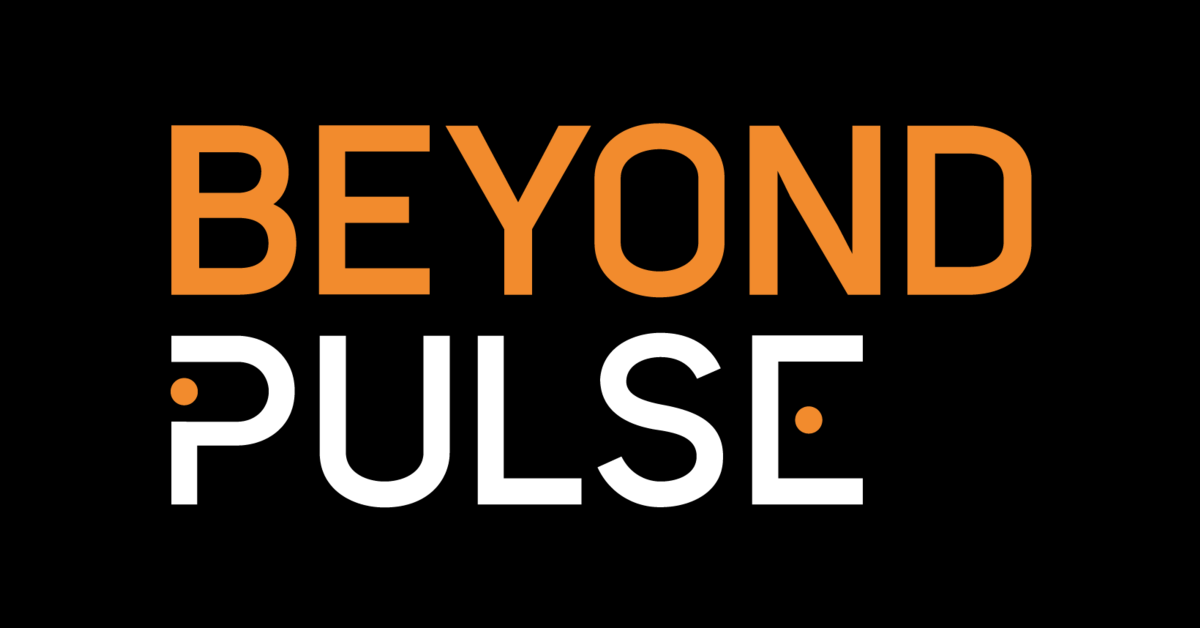Club Teams
Learn about Pipelines Different Levels
Learn the difference between our club teams, our US Soccer Development Academy, the Pipeline Development Academy, recreational & travel soccer.
WHAT IS THE DIFFERENCE BETWEEN LEVELS OF SOCCER?
RECREATIONAL:
Playing on a recreational team involves no tryouts. Recreational soccer is often the first step to playing travel soccer or to playing club soccer, or it can be all a child wants (and that is completely fine!). Our recreational program is our Pipeline Development Academy. It differs vastly from other Recreational programs because includes the use of professional coaches instead of parents, and the goal of the program is geared towards fun as well as preparing players to join our club teams.
TRAVEL:
What is the difference between travel and club teams? This can be confusing, particularly in the Baltimore region where travel programs try and act as clubs at times. Despite this, there are clear differences. Travel soccer involves tryouts and the teams are coached by parents of kids on the team. Travel teams play most of their games against other local travel teams, often other recreational councils. Further, almost all travel teams do not play year round. The level of dedication and commitment to the sport is often not quite there. This is not a criticism of travel soccer. It has its place but as players get older, even in other sports, the best players end up at the club level as they look for better coaching, and more consistent opportunities to play tough competition in events open only to the top players and teams.
CLUB:
Playing on a club soccer team involves a level of commitment on the part of players and families that one does not find at the recreational level or travel level. Playing on such a team is for the dedicated player who loves soccer and wishes to improve. The soccer is still age appropriate and fun, but it does involve trying out for a team, more training than other programs, as well as a higher level of competition. Players should be interested in improving technically, tactically, and in terms of fitness/speed. The coaches are licensed and have played the game at a higher level than one finds in rec or travel soccer. Some of our coaches have played for their national teams, others have played professionally, and virtually all played collegiate soccer as well. Perhaps most importantly of all, at Pipeline we strongly feel that non-parent coaches are best for the experience of not only the player but also parents and the team. Facilities & fields are consistently available and good for our training. The club provides the fields and they are provided year round so that teams are not struggling to find space to train, particularly outside the fall.
U.S. SOCCER DEVELOPMENT ACADEMY (Baltimore Armour & Washington Spirit):
This is the top tier of youth soccer for boys & girls ages 11-18 years of age. This program is run by clubs in conjunction with US Soccer. Ours is the only such program in the Baltimore area. This gives you an idea of the level of play. Players seeking to join Baltimore Armour or Washington Spirit generally come out of club teams in our club and from others.
COSTS & SCHOLARSHIPS
There is A LOT of misinformation out there about club soccer, so please take us as the source about our fees and not what others tell you. Costs vary drastically by team, age, level of play, and a team’s goals. Of course, we also offer our Pipeline Development Academy for much less. We also have need-based scholarship program HERE. For the club teams your son or daughter is trying out for, the total costs this year (2019-2020) are as follows:
$1800 2013/2012 (U7/U8)
$2200 2011/2010 (U9/U10)
$2400 2009/2008 (U11/U12)
$2600 2007-2002 (U13 to U18)
$2800 National League Teams 2007-2002 (U13 to U18)
These fees include everything but the uniform. Uniforms are bought every 2-3 years only. The difference in cost between age groups is due to cost differences among leagues, tournaments (11V11 Tournaments are almost double the price of 7v7/9v9), referee fees, and field use needs (11 v 11 teams use much more space than 7v7 teams).
Why such a large range from the lowest to the highest fees? While all of our teams are professionally coached by non-parent licensed coaches, the oldest and highest level teams are often playing in tournaments all over the country as they are in the final stages of being recruited by collegiate programs. That increases costs for those teams.
LOCATION OF TRAINING
Pipeline has partnered with many schools and other facility providers for training. These include, but are not limited to, Mercy (Exclusive partnership with turf stadium) Friends School of Baltimore, Baltimore Poly HS (Exclusive partnership with turf stadium), Bryn Mawr School, Park School and Loyola University. This will entail all seasons, including indoor facilities during the winter.
LEAGUE LOCATIONS & TOURNAMENTS
This varies dramatically by age and ability level. The youngest teams stay very local, even if the team is very good. As a team gets older it may stay local but as the team improves, the team needs to travel a bit more to find good competition. For leagues, the teams will always have half their games at home. It is best to talk to a coach before accepting a spot to find out a team’s plans. Our teams may play in leagues such as EDP, Northeast Pre-Academy League, Region 1, USYSA National League, MESL, CMSA, BBSL, MSSSL, MOSL, & CMSA
SEASONS
Almost all teams our teams play fall, winter & spring. All teams will start training during the summer. Younger teams are very flexible with players so they can play multiple sports. Even older teams that are not top teams are flexible with this. Only the top older teams find playing multiple sports outside of high school tough to manage, though players often continue to play other sports for their schools. It is just difficult for a high school age player to play more than one club sport and focus on academics so at this point players specialize. This is the experience in soccer and any other club sport. Most older teams (U15 and up) will train in the summer and then take a break until the high school season is complete, though most train a few times a month to stay connected as a team.
ARE COACHES LICENSED? BACKGROUND CHECKS?
Yes – Our coaches hold licenses with governing bodies such as USSF, NCSAA, and UEFA. Yes – Our coaches undergo extensive background checks in compliance with all Maryland State Youth Soccer Association best training for youth soccer programs.
WHEN DOES THE SEASON START? WHEN DOES TRAINING START?
Teams below HS Age will train during most of the summer in preparation for the fall season, and players are certainly excused for family vacations. The season generally starts with a Labor Day tournament, although some teams also do an August tournament. Leagues start the weekend after Labor Day. Teams are active during the winter with league/training and most teams do involve some level of a spring commitment, although at the younger ages this may be scaled back to take into account multi-sport athletes.
HIGH SCHOOL AGE TEAMS
These teams will train during June and July in order prepare players for their High School tryouts and seasons. Teams at this age will not play a fall season as they will be playing for their high schools, but those teams will get together for a training once every week, or every other week, to keep fresh as a team so they are ready for an end of fall tournament and the beginning of winter league play. Spring play is the main club season for HS players.







